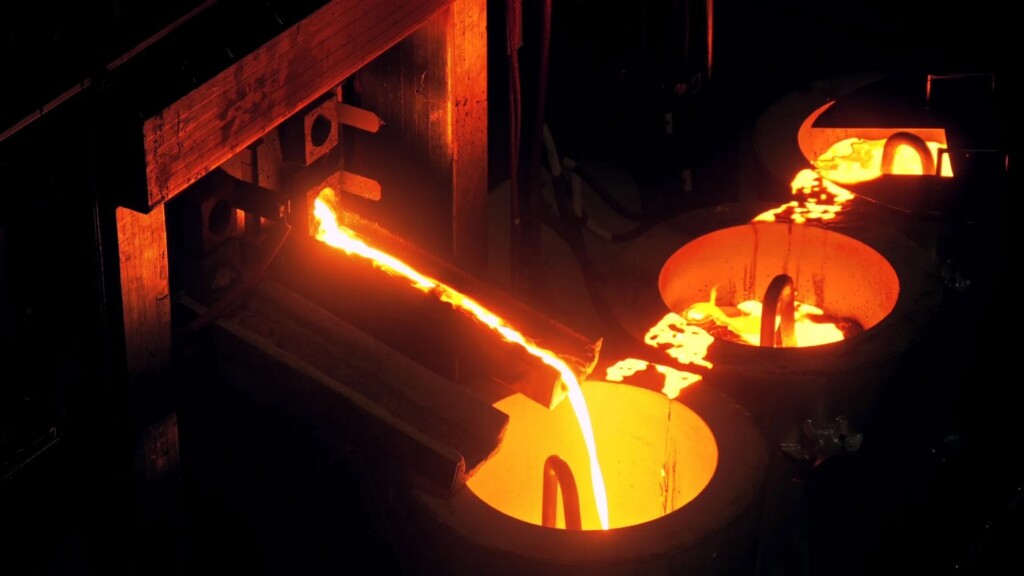
An MIT-startup has found a way to commercialize steel production by the ton using electricity rather than a CO2-emitting blast furnace, promising the beginning of decarbonization in one of humanity’s most carbon-intensive industries.
Called Boston Steel, their industrial-scale production facility can make a ton of steel per month using a technique called molten oxide electrolysis (MOE), which if powered by renewable energy would suddenly make the process a carbon-neutral one, since MOE produces oxygen, not CO2, as emissions.
Human civilization produces around 2 billion tons of steel, accompanied by 3 billion tons of CO2 every year. It’s safe to say that if industries like steel and concrete production don’t see significant amelioration in their carbon footprint, existing climate mitigation efforts will be meaningless.
To that end, Boston Steel was founded in 2013 to scale up and eventually commercialize MOE, a process that was itself developed at MIT.
Steelmaking typically involves a blast furnace, which uses a coal-based fuel called coke to drive the reactions needed to turn iron ore into iron. The carbon in coke combines with oxygen pulled out of the iron ore, which gets released as carbon dioxide.
Inside Boston Steel’s industrial-scale plant, MOE relies on reactors containing multiple large anodes which run an electrical current through the reactor chamber loaded with iron ore. The current raises temperatures to 2,900° Fahrenheit, turning the iron molten.
MORE MATERIALS NEWS: New Low-Carbon Concrete Outperforms Today’s Highway Material While Cutting Costs in Minnesota
The electrical demands are significant, and MIT Tech Review reporting on Boston Steel’s efforts notes that solar, wind, or nuclear would be needed for the process to be decarbonized, however, considering the larger output, nuclear would be the only viable power source for the kinds of green steel production needed to push out blast furnaces—the kind that can produce billions of tons per annum.
DECARBONIZING RAIL TRAVEL: Hitachi Rail Develops Battery Unit Set to Decarbonize Rail Travel on Retrofitted Trains
Boston Steel has been at this for 12 years, and the brains behind it admit that 1 ton of steel per month is not economically feasible. Instead, a demonstration plant that can produce 1 ton per day should come online in late 2026 and begin operation in 2027, at which point they believe they’ll be able to license their technology to manufacturers.
SHARE This Significant Step Towards Creating A Path Towards Green Steel…
